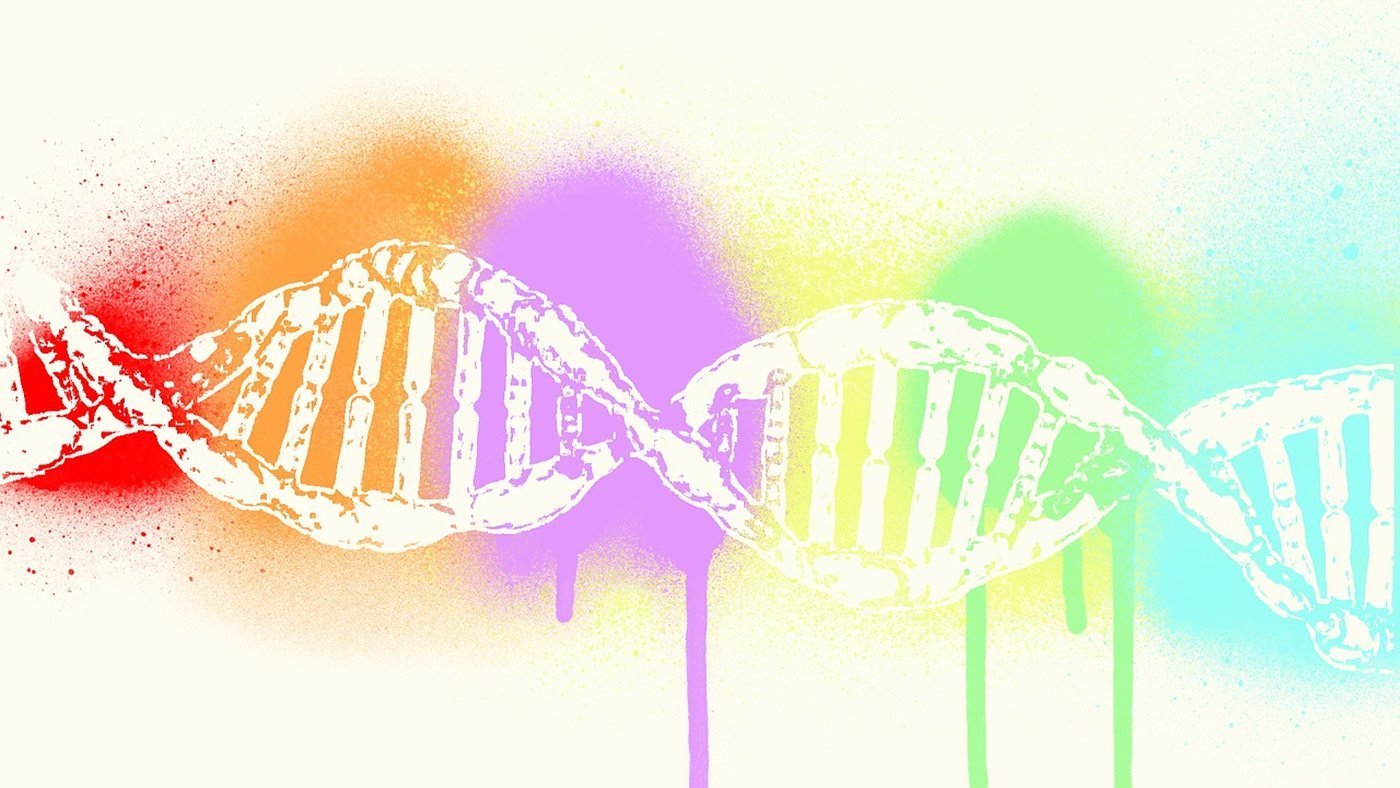Summary: Children whose mothers had a sibling on the autism spectrum were three times as likely to be diagnosed with ASD than those whose mothers had no siblings with autism. Fathers with one or more siblings diagnosed with ASD were twice as likely to have a child diagnosed as autistic.
Source: NIH/NICHD
Roughly 3 to 5% of children with an aunt or uncle with autism spectrum disorder (ASD) can also be expected to have ASD, compared to about 1.5% of children in the general population, according to a study funded by the National Institutes of Health. Researchers also found that a child whose mother has a sibling with ASD is not significantly more likely to be affected by ASD, compared to a child whose father has a sibling with ASD. The findings call into question the female protective effect, a theory that females have a lower rate of ASD than males because they have greater tolerance of ASD risk factors.
The results, derived from records of nearly 850,000 Swedish children and their families, appear in Biological Psychiatry. The study was conducted by John N. Constantino, M.D., at Washington University in St. Louis, and colleagues in the United States and Sweden.
“The results offer important new information for counseling people who have a sibling with ASD,” said Alice Kau, Ph.D., of the Intellectual and Developmental Disabilities Branch of NIH’s Eunice Kennedy Shriver National Institute of Child Health and Human Development (NICHD), which funded the study. “The findings also suggest that the greater prevalence of ASD in males is likely not due to a female protective effect.”
Additional NIH funding was provided by the National Institute of Mental Health.
ASD is a complex neurological and developmental disorder that begins early in life and affects how a person interacts with others, communicates, and learns. Previous studies have found that roughly 3 times more males than females have ASD. Reasons for the difference are unknown.
One possible explanation is that females have a built-in resistance to the genetic factors leading to autism. With such a female protective effect, the theory holds that many women could carry such risk factors and be unaffected, but could transmit them to their sons, who lack the protective effect and may develop ASD.

In the current study, researchers analyzed data from Swedish national registers of births and family relationships. The children were born from 2003 to 2012. Roughly 13,000 children were diagnosed with ASD, about 1.5% of the total. Offspring of mothers with one or more siblings with ASD were about three times more likely than children in the general population to have ASD. Children of fathers with one or more siblings with ASD were twice as likely as children in the general population to have ASD, a rate that did not differ significantly than that of children whose mothers have a sibling with ASD. According to the study authors, the results provide the first population-wide estimate of ASD risk to children of parents who have a sibling with ASD.
This finding challenges the existence of a female protective effect, Dr. Constantino explained, because if such an effect existed, the children of mothers with a sibling with ASD could be expected to have up to a 30% higher risk of ASD. Similarly, the researchers found no statistically significant increase in ASD risk for children whose uncles have ASD, compared to children whose aunts have the condition.
About this neuroscience research article
Source:
NIH/NICHD
Media Contacts:
Robert Bock – NIH/NICHD
Image Source:
The image is in the public domain.
Original Research: Open access (PDF)
“Inherited risk for autism through maternal and paternal lineage”. by Bai, D et al.
Biological Psychiatry doi:10.1016/j.biopsych.2020.03.013
Abstract
Inherited risk for autism through maternal and paternal lineage
BACKGROUND: Autism spectrum disorder (ASD) is highly familial, with a positively skewed male-to-female ratio that is purported to arise from the so-called female protective effect. A serious implication of a female protective effect is that familial ASD liability would be expected to aggregate asymptomatically in sisters of affected probands, who would incur elevated rates of ASD among their offspring. Currently, there exist no data on second-generation recurrence rates among families affected by ASD.
METHODS: We analyzed data from the Swedish National Patient Register and the Multi-Generation Register for a cohort of children born between 2003 and 2012. ASD was ascertained in both the child and parental generations.
RESULTS: Among 847,732 children, 13,103 (1.55%) children in the cohort were diagnosed with ASD. Among their maternal/paternal aunts and uncles, 1744 (0.24%) and 1374 (0.18%) were diagnosed with ASD, respectively. Offspring of mothers with a sibling(s) diagnosed with ASD had higher rates of ASD than the general population
(relative risk, 3.05; 95% confidence interval, 2.52–3.64), but not more than would be predicted for second-degree relatives within a generation, and only slightly more than was observed for fathers with siblings with ASD (relative risk, 2.08; 95% confidence interval, 1.53–2.67). Models adjusting for temporal trends and for psychiatric history in the parental generation did not alter the results.
CONCLUSIONS: These findings establish a robust general estimate of ASD transmission risk for siblings of individuals affected by ASD, the first ever reported. Our findings do not suggest female protective factors as the principal mechanism underlying the male sex bias in ASD.
Feel Free To Share This Genetics News.






